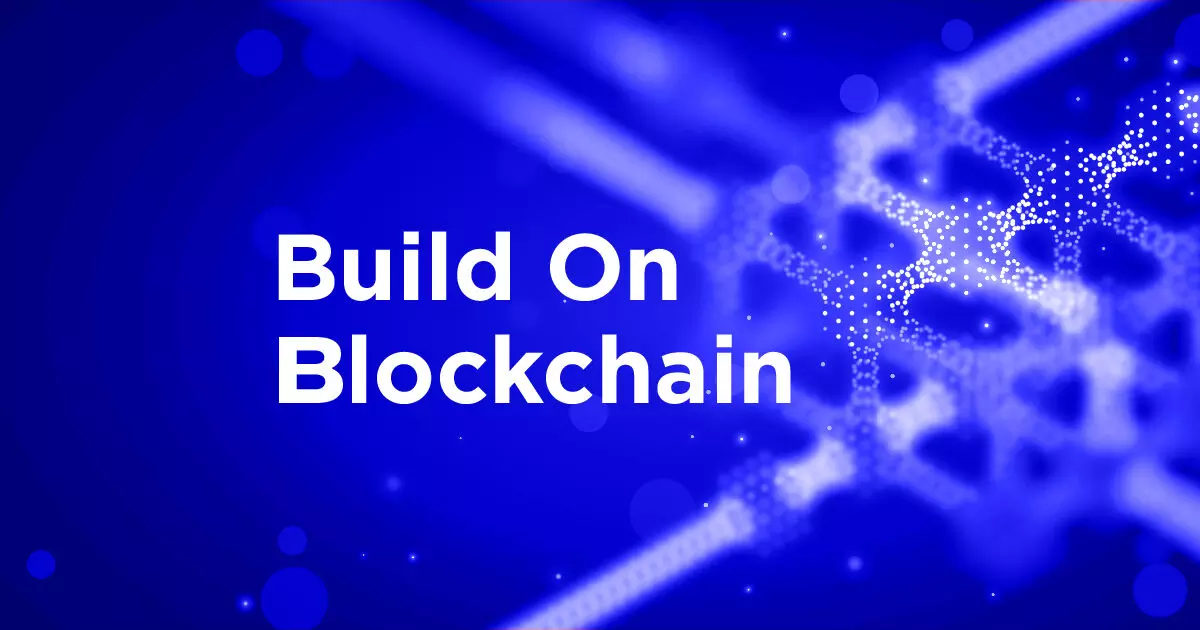
- Home
- Technology
- Your Reward Points Aren’t Pointless:...
Your Reward Points Aren’t Pointless: They Need Redemption, The Blockchain Way
Indian banks must simplify their loyalty programme structure and explore tokenisation using blockchain to give their customers a world-class experience. It’s time to start rewarding loyalty with a little help from tech.

The Gist
Many credit card users worldwide are unaware of the full value of their reward points, leading to missed savings.
- 36% of US credit card customers do not understand their rewards.
- 70% of Indian users fail to optimize benefits, with many allowing points to expire.
- Blockchain technology is being adopted to simplify reward redemption processes globally.
Most of us don’t really know what’s going on with our credit card reward points. We earn them, vaguely feel good about it, and then forget they exist until they expire.
Around the world, millions of customers are missing out on the full value of their credit or debit card points. Not because the offers aren’t good, but because the path to their redemption is fraught with inefficiencies and roadblocks.
Data published in ‘2023 US Credit Card Satisfaction Study’ by JD Power, a leader in consumer insights and market research, reveals that 36% of credit card customers in the US do not fully understand the rewards available to them.
The numbers are worse in India.
In April this year, a survey by SaveSage, a credit card rewards and loyalty optimisation platform, revealed that about 70% of Indian credit card users do not optimise the benefits available through their cards.
The survey pointed out that 50% of users struggle to redeem their rewards effectively, often opting for basic cashback instead of more valuable options like travel perks, merchandise, or partner deals. It also found that 50% of users allow their reward points to expire, leading to substantial missed savings.
Change Is Coming
It’s totally counterintuitive that though institutions make loyalty programmes a crucial part of their sales pitch, they pay very little attention to making the redemption process user-friendly.
But things may change soon for good because slowly, banks and credit-card issuers across the globe are changing the way they work and adopting a blockchain-based system to simplify their loyalty programmes.
On July 21, 2025, DBS, Singapore’s largest bank, took a major step in that direction. It launched Programmable Rewards that allows its customers to use smart contract-powered vouchers.
The new rewards programme, accessible via the DBS Paylah! app, offers a cost-effective way to issue, manage and utilise digital vouchers redeemable at a wide range of merchants.
Smart contract technology allows vouchers to be programmed with specific conditions, such as redemptions at approved merchants or within campaign periods.
One may argue that conventional vouchers work in the same way, but the key advantage here is automation. Reconciliation is far simpler because there’s a shared record of transactions, and settlement can be automated through the conventional payment system.
This should not only lower the cost of managing rewards programmes, but also make the redemption process far more seamless for customers.
That means no more visits to clunky portals or wondering what your points are really worth.
Global Adoption
While DBS may be among the first to roll out a blockchain-based loyalty solution at scale, it's not alone in this space.
Brazil’s NuBank has launched NuCoin, a crypto-token for customer rewards that can be redeemed or traded within its app ecosystem.
Standard Chartered in Malaysia has also piloted a blockchain-based rewards system enabling real-time point redemption across merchants, while HSBC is testing smart contract-based loyalty platforms for instant rewards and simplified reconciliation.
Similarly, American Express (US) has also experimented with blockchain-powered customised offers via Hyperledger, aiming to give merchants more control over rewards.
Tried, But Failed
And then there are those who have been promising to use blockchain technology to handle their loyalty rewards programmes, but have failed.
One example, according to Ledger Insights, is Bakkt, founded by Intercontinental Exchange (ICE), which owns and operates the New York Stock Exchange.
ICE made a significant investment in acquiring a major rewards software firm and created a blockchain-powered rewards app targeting consumers, but abandoned it due to a lack of traction.
The difference with DBS is that the bank isn’t building anything from scratch. It is integrating its smart rewards programme with an already popular app used by about 2.9 million people.
Where India Stands
In India, banks have been slow to adopt blockchain for loyalty programmes. While many have started using blockchain for trade finance or KYC, most rewards systems are largely outdated.
To fix that, Indian banks must simplify their rewards structure and explore tokenisation using blockchain to give their customers a world-class experience.
One way to fast-forward the process would be to collaborate with fintechs or integrate such features into banking apps.
But most importantly, they need to shift from treating loyalty as a side offering to building it as a core part of customer engagement.
Blockchain won’t fix a bad rewards programme, but it can supercharge a good one if Indian banks are willing to rethink how they reward loyalty in the first place.
This series is brought to you in partnership with Algorand.
Indian banks must simplify their loyalty programme structure and explore tokenisation using blockchain to give their customers a world-class experience. It’s time to start rewarding loyalty with a little help from tech.
Rohini Chatterji is Deputy Editor at The Core. She has previously worked at several newsrooms including Boomlive.in, Huffpost India and News18.com. She leads a team of young reporters at The Core who strive to write bring impactful insights and ground reports on business news to the readers. She specialises in breaking news and is passionate about writing on mental health, gender, and the environment.

